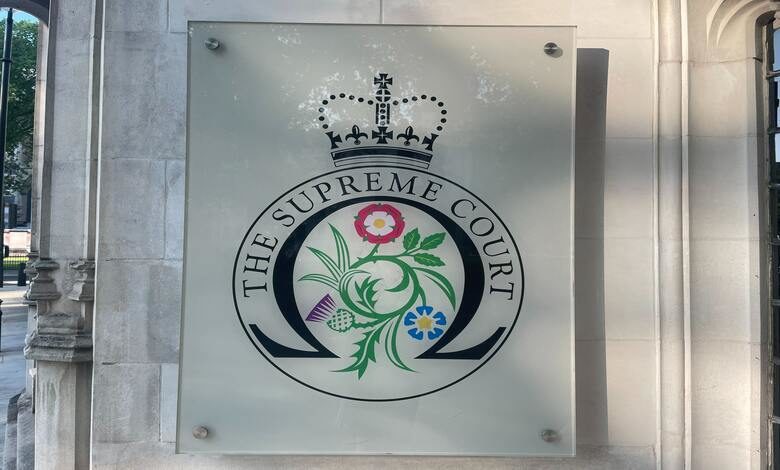EconomyGovernment
Brazel’s win to place financial burden on thousands of employers
The latest decision, which unanimously dismissed the Trust’s appeal, rejects previous advice taken by employers of casual and zero-hour contract workers which suggests to prorate holiday pay at 12.07% of wages for the hours worked

The Supreme Court has today (20 July) ruled that employees who only work for part of the year are entitled to the same holiday pay as colleagues who work the full year, which could lead to umbrella companies liable for thousands of claims for backdated holiday pay, law firm Irwin Mitchell has warned.
You'll need to
subscribe to unlock this content. Already subscribed? Login?







